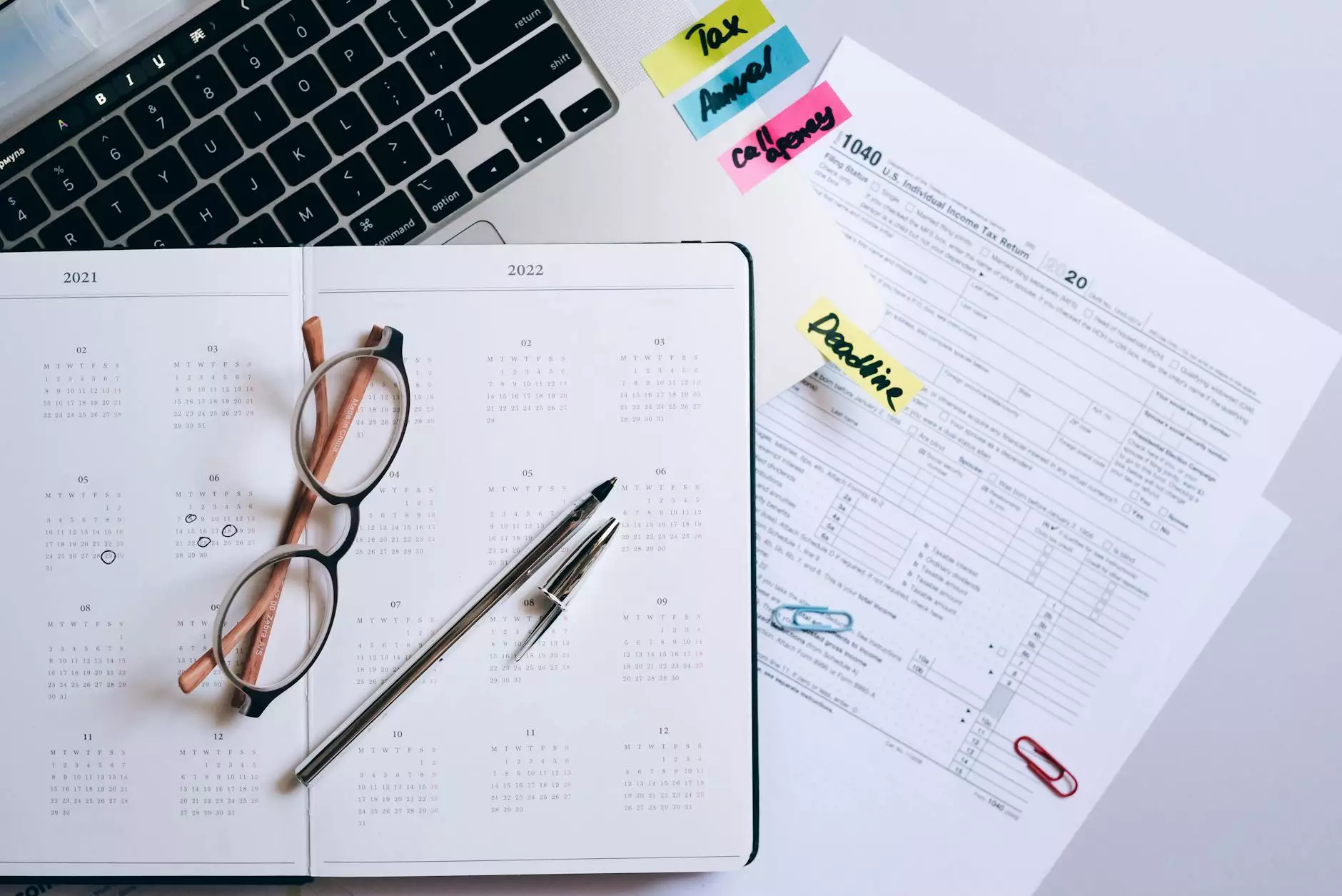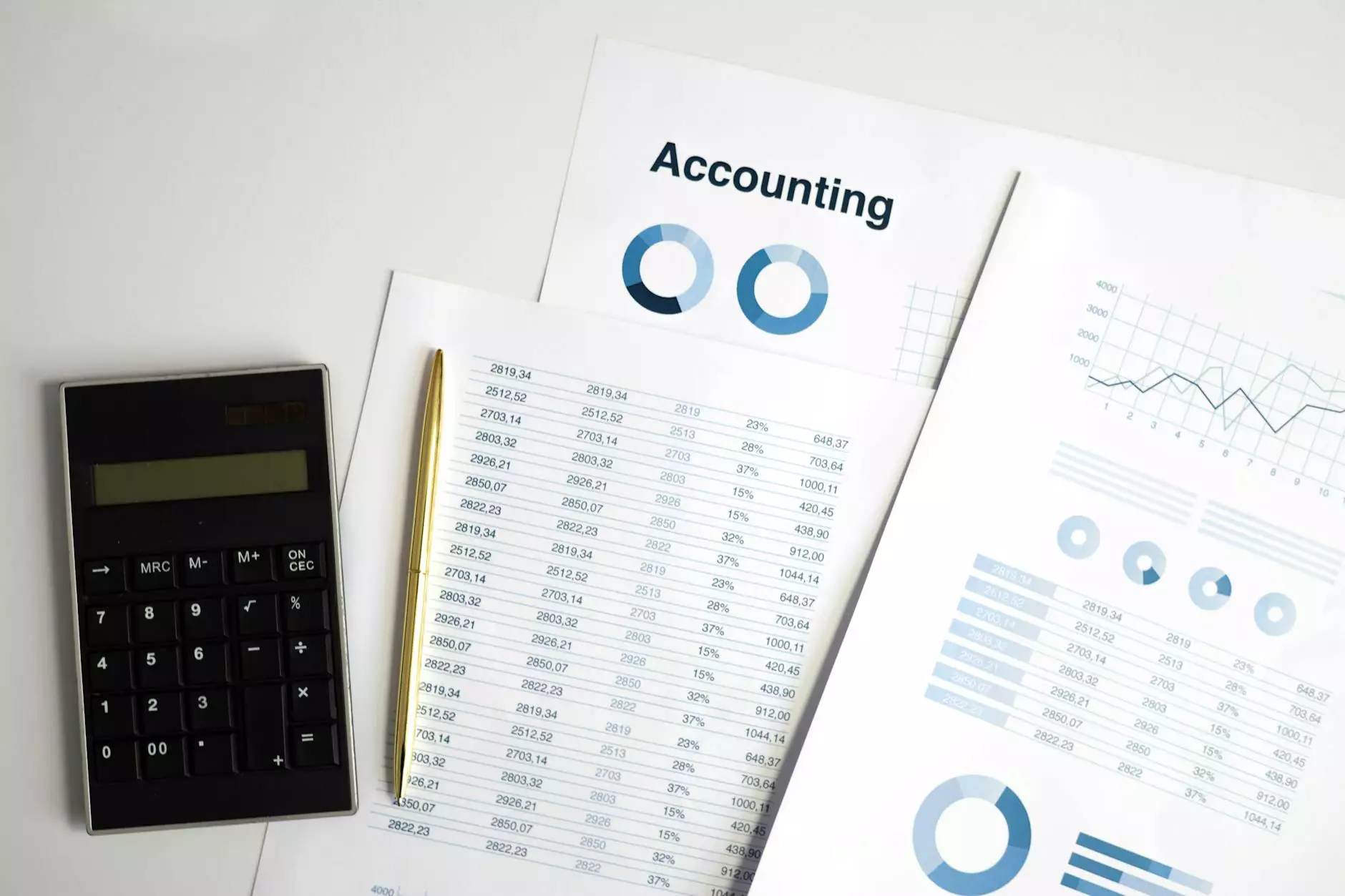Understanding Fake Documents Online in the Context of Legal Services

The digital age has revolutionized how we conduct business, communicate, and access information. However, alongside these advancements, there is a rise in illegal activities, including the proliferation of fake documents online. This phenomenon poses significant challenges for businesses and individuals seeking legitimate legal services. In this article, we will delve into this topic, exploring the implications, risks, and protective measures related to fake documents in the realm of business and legal services.
What Are Fake Documents?
Fake documents refer to any documents that have been deliberately falsified or altered with the intention of deceiving or committing a fraud. These can range from simple identification documents to more complex legal paperwork. Often, they are created using readily available software and resources, making them increasingly accessible to criminals.
The Types of Fake Documents
- Identification Documents: These include forged passports, driver's licenses, and national ID cards.
- Business Documents: Fake reports, contracts, and invoices designed to mislead parties involved.
- Legal Documents: Falsified court orders, marriage certificates, and property deeds.
The Impact of Fake Documents on Legal Services
The existence of fake documents online creates a myriad of challenges for legal professionals. Institutions and businesses may find themselves victims of fraud, leading to severe financial losses and reputational damage. The following points highlight some critical impacts:
1. Compromised Trust in Legal Transactions
The integrity of legal documents is foundational to business transactions. When fake documents enter the fray, it erodes trust among parties involved. Clients may hesitate to engage in contracts, fearing they might be duped by counterfeit paperwork.
2. Increased Legal Compliance Challenges
Businesses are necessitated to invest more resources into verifying the legitimacy of documents associated with transactions. This increased scrutiny can strain operations and lead to delays, affecting business efficiency and customer satisfaction.
3. Legal Liabilities
Businesses utilizing fake documentation, even unknowingly, can face serious legal repercussions. This can include fines, penalties, or being involved in costly litigation.
Detecting Fake Documents
Given the potential risks posed by fake documents, it’s essential for businesses to equip themselves with the knowledge to identify and address fraudulent documentation. Here are some effective strategies:
A. Visual Inspection
A thorough examination of the document can reveal inconsistencies. Look for signs like:
- Unusual formatting or typeface.
- Inconsistencies in logos or branding.
- Faded or smudged print that may indicate a poor reproduction.
B. Verification with Issuing Authorities
Whenever possible, cross-verify the document with the authority that purportedly issued it. This can help confirm its authenticity and protect against fraud.
C. Utilize Technology
Many software solutions are designed to detect fake documents. These tools can analyze various aspects of a document, providing a more reliable diagnosis of authenticity than manual checks alone.
Legal Framework Surrounding Fake Documents
Understanding the legal context surrounding fake documents is crucial for businesses. Here's a deeper dive into the legal ramifications:
1. Fraud Laws
Various jurisdictions have laws specifically targeting fraud, including the creation and distribution of fake documents. Penalties can range from fines to imprisonment, depending on the severity and intent.
2. Civil Liability
Entities that fall victim to fraud can seek compensation through civil lawsuits. This can include recovery for damages caused by reliance on fake documents in business transactions.
Protecting Your Business
To safeguard against the risks posed by fake documents, businesses can implement several practical measures:
1. Employee Training
Investing in regular training programs on identifying fake documents can empower employees, helping them recognize potential threats before they escalate.
2. Establishing a Robust Verification Process
Create a thorough verification policy for all critical documents. This should include checks against official databases and communication with issuing bodies.
3. Legal Counsel
Engaging with a legal professional specializing in fraud can help maintain compliance and create an actionable plan tailored to your organization's specific needs.
Conclusion
In today's business environment, understanding the implications of fake documents online is essential for every professional engaged in legal services. The rise of digital documentation contributes to an increased risk of fraud, which businesses must navigate with vigilance. By implementing sound verification practices, staying informed about legal frameworks, and fostering a culture of awareness, organizations can not only protect themselves from the adverse effects of fake documentation but also enhance their credibility and trustworthiness in the marketplace.
For further insights and assistance on navigating the complexities of legal documents, consider consulting with our team at myglobaldocument.com. We specialize in providing comprehensive legal services that ensure your business stays secure in an ever-evolving environment.
fake documents online








